
An employee tests chips at a tech company in Hefei, Anhui province. (Photo by Xie Chen/For China Daily)
U.S.' chip clamps will hurt innovation, spur Chinese alternatives, experts say
China-targeting moves by the United States to intensify export curbs related to advanced semiconductors have sharpened concerns by analysts that the latest measures will further crimp innovation in the U.S. as China is forced to find alternatives.
The U.S. government published sweeping export controls on Friday, including a measure to cut China off from certain chips made with U.S. equipment, no matter where they were made.
The restrictions will bar U.S. companies from exporting critical chip manufacturing equipment to China and also prohibit U.S. citizens and companies from providing direct or indirect support to Chinese companies involved in advanced chip manufacturing.
The Commerce Department has written to U.S. toolmakers KLA, Lam Research and Applied Materials with orders to halt shipments of equipment to wholly Chinese-owned factories producing advanced logic chips.
U.S. chip design leaders such as Nvidia and Advanced Micro Devices also received letters on restricting shipments to China of chips used in supercomputing systems. Friday's new rules formalized the restrictions in those letters.
The expanded export controls mark the latest attempt by the U.S. government to slow China's technological advance. Last month, President Joe Biden signed an executive order to further restrict foreign investment in U.S. technologies.
The order directs the Committee on Foreign Investment in the United States to further scrutinize foreign investments and transactions related to national supply chains.
With the export controls and investment review, the U.S. is moving into "a new era" in terms of technology restrictions on China, said Paul Triolo, senior vice-president for China and technology policy lead at Albright Stonebridge Group.
The U.S. government already controls the export of advanced lithography to China, and the new controls will further restrict equipment for making the most advanced semiconductors and chips used for artificial intelligence and performance computing, Triolo told a webinar focused on the role of semiconductors in U.S.-China relations.
He said the U.S. has weaponized the semiconductor industry before in cases like Huawei, referring to the Entity List Foreign Direct Product Rule that was expanded during the presidency of Donald Trump to cut off the Chinese tech giant from chips made overseas with U.S. technologies.
The Biden administration has further expanded the powers to control exports to China of chips made with U.S. tools, to make it harder for China to develop and maintain supercomputers and artificial intelligence technology.
This far-reaching export control mechanism has caused concerns in the semiconductor industry that U.S. companies will be hurt.
Nvidia has said it could take a $400 million hit to revenue due to the restrictions on its ability to sell its latest data center chips in China.
"All this cutting off access to the China market is going to ultimately also impact the U.S. ability to do innovation", said Triolo, "because those companies like Qualcomm, Nvidia, Broadcom, Intel, they're deriving a huge amount of their revenue from access to the China market".
"If they're cut off, that's going to impact their R&D budgets, and impact their ability to continue to innovate," he said. The government needs to measure the cost to the industry and the country's innovation capacity when making national security policies, he said.
Consequences examined
In an article published by the TechSpot website, Jonathan Goldberg, the founder of consulting firm D2D Advisory, wrote: "This is a short-term move, but it has long-term consequences."
He predicts that "further expansion will meet with stiff resistance from the homefront".
Goldberg also said that the restrictions are spurring Chinese companies to look for domestic alternatives.
"We have written a lot about the growth in the capabilities of Chinese fabless firms, including a host of companies producing GPUs not too dissimilar from what the U.S. government just banned," said Goldberg, referring to graphics processing units.
"The U.S. government's actions are directly leading to interest in a sea of aspiring Nvidia competitors. For companies like Biren, the U.S. government's actions are a major boost," he said, referring to a Chinese tech startup.












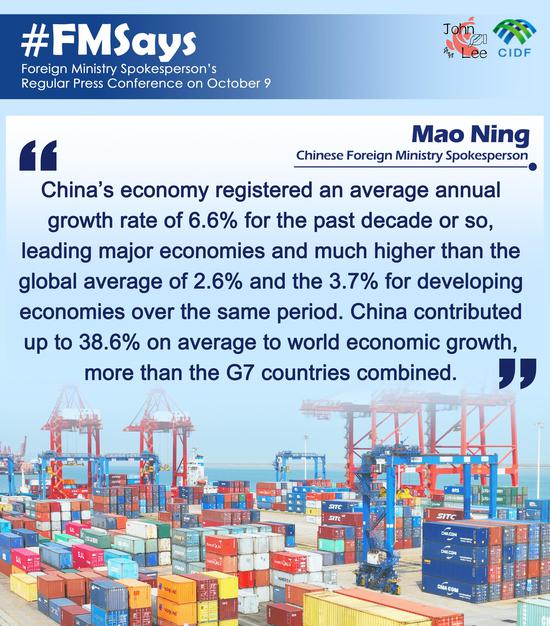


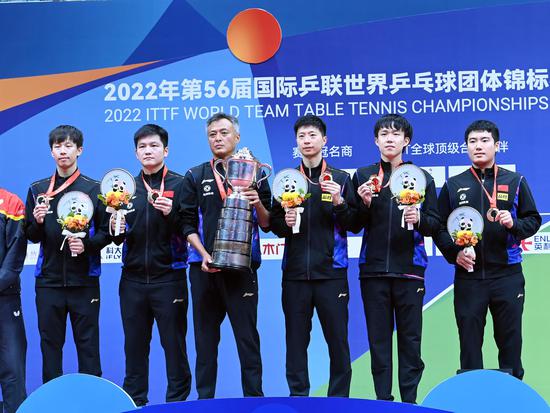

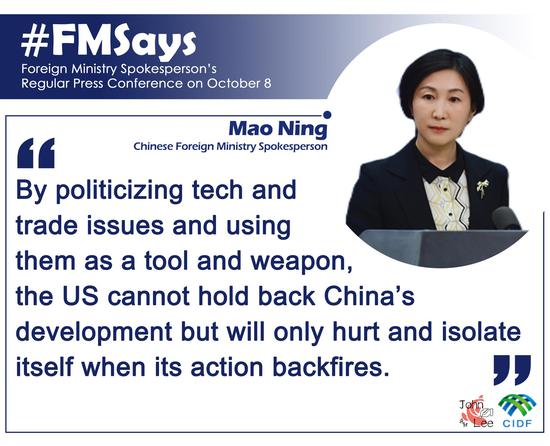






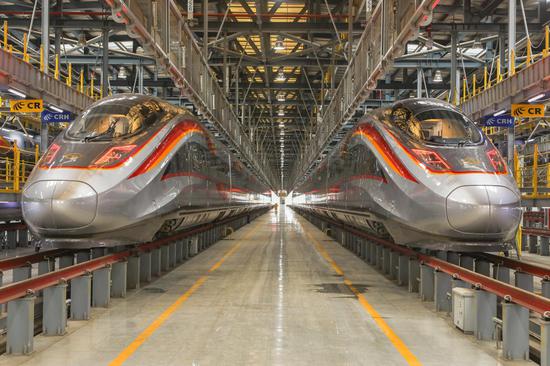


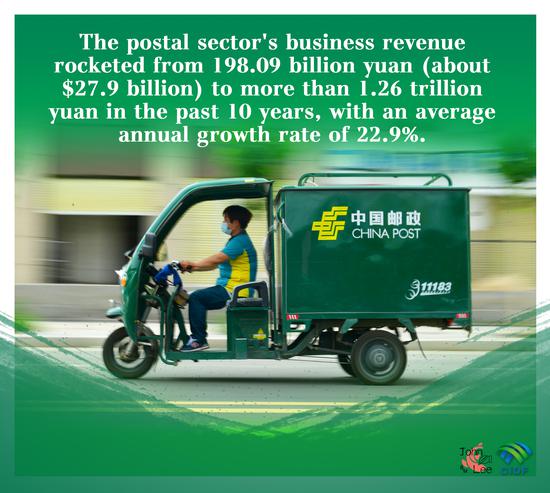






















 京公網(wǎng)安備 11010202009201號
京公網(wǎng)安備 11010202009201號